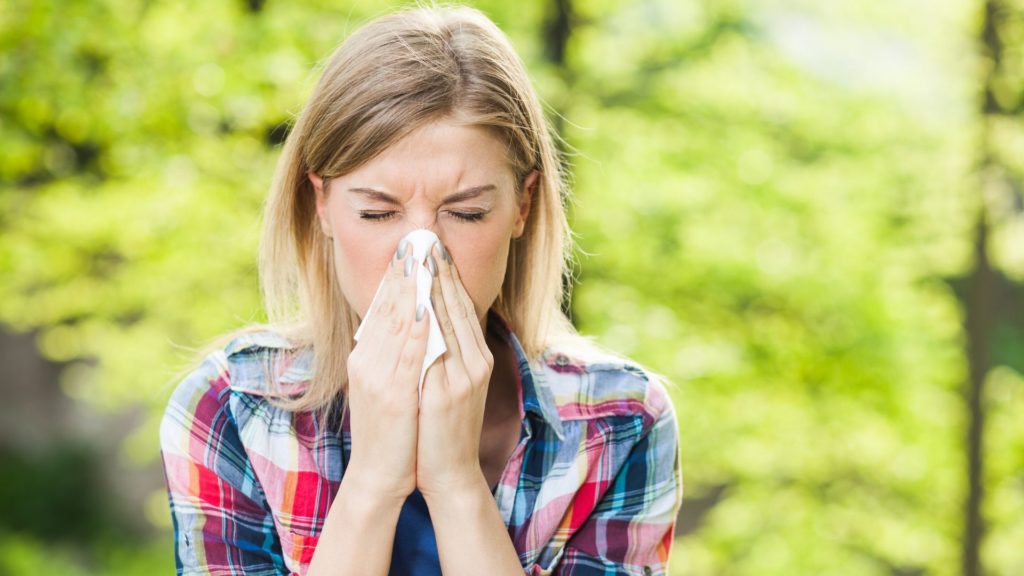What Are Allergies?
An allergy is defined as a “harmful, increased susceptibility to a specific substance,” also known as hypersensitivity.
What Causes Allergies?
Allergy is caused by hypersensitivity of the immune system leading to an immune response and occurs when the immune system responds to substances that are normally harmless (such as grass or pollen) and do not provoke immune responses in most people. An antigen is a substance that stimulates immune reactions; any antigen producing an allergic reaction is defined as an allergen. Different types of allergies include skin allergies, food allergies, asthma, and allergic rhinitis. Some common symptoms of an allergic reaction are a runny nose, watery eyes, itching, and sneezing.
Allergy Testing
Many methods exist for the testing of allergies. These include:
- Skin testing: Skin testing is the most common method of testing for allergies and involves injecting diluted amounts of allergens into the skin and look for a response in order to determine the source of the allergy.
- Blood test: Blood testing for allergies is less common and involves mixing allergens with blood that has been drawn from a person in order to see if IgE antibodies (which are present if there is a true allergy) are present.
Allergy Treatment
The different treatments for allergies include:
- Allergy shots, which help relieve allergy symptoms by helping your body fight the offending allergen(s). In this method of treatment, small amounts of the offending allergen(s) are injected into the bloodstream of the individual in gradually increasing doses, thus allowing the patient to build an immunity to the allergen(s).
- Medications, which are also used to help relieve allergy symptoms. The different types of medications used to treat allergies include antihistamines, which prevent histamine, a substance produced by the body during an allergic reaction; decongestants, which narrow blood vessels, leading to the clearing of nasal congestion; bronchodilators, which open up the bronchial tubes so that more air can flow through; and anti-inflammatory agents, such as steroids, which reduce inflammation in the airways.
- Environmental elimination, which involves decreasing the amount of allergens in your home or workplace or avoiding certain foods if you have a food allergy.
Dr. Tim Folse, M.D,
Dr. Folse is a primary care physician in Memphis, TN.

